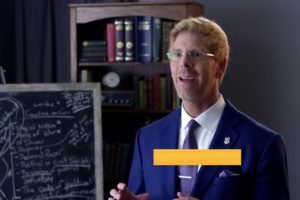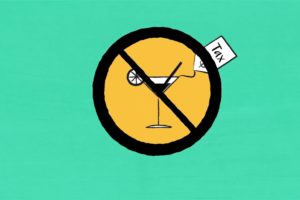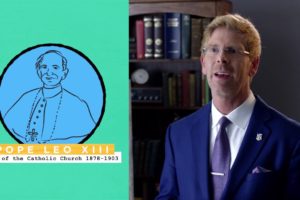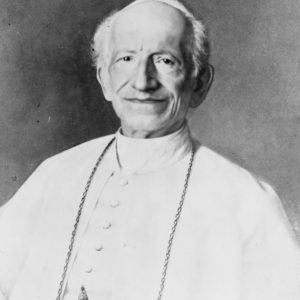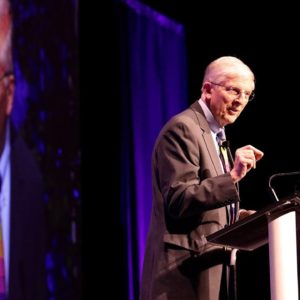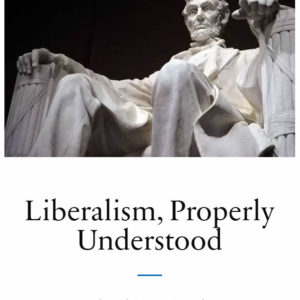Lesson 12 Lesson 12: On the Nature of Liberty
Presented by: Dr. Jay Richards
Busch School of Business and Economics at the Catholic University of America
Liberty and Law
In this lesson, the foundations and limits of liberty are considered. In the middle of the nineteenth century, John Stuart Mill defined liberty as having a negative and positive component. Pope Leo XIII would qualify that view and argue that while Mill placed the limit of liberty at the point where actions do harm to others, in reality liberty exceeds its limits when it is severed from virtue and truth. Students will consider the extent to which Mill departs from classical philosophy and natural law in fashioning a new philosophy of liberalism.
Key Concepts: (1) Personal Autonomy, (2) Harm, (3) Negative Liberty, (4) Positive Liberty (5) Natural Liberty

Learn More
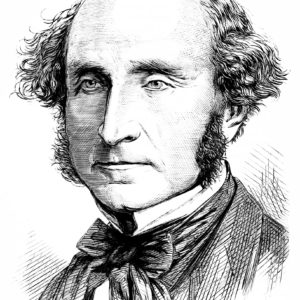 Link
Link
John Stuart Mill, On Liberty, chapter five, “Applications,” (New York, NY: Penguin Classics, 1974, 1985), pp. 163-187.
Read Now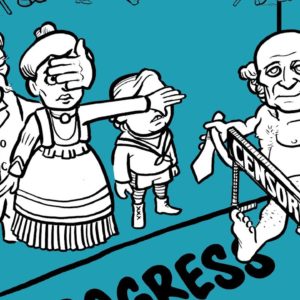 Video
Video
“The Harm Principle: How To Live Your Life the Way You Want To” narrated by Harry Shearer
Watch Now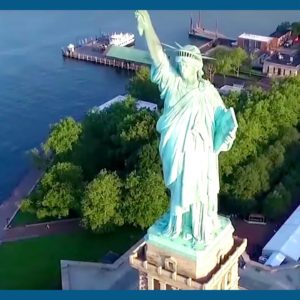 Video
Video
“Liberty 101: What Does Liberty Really Mean?” with Christopher Koopman, Peter Jaworski, Diana Thomas & Learn Liberty
Watch Now
